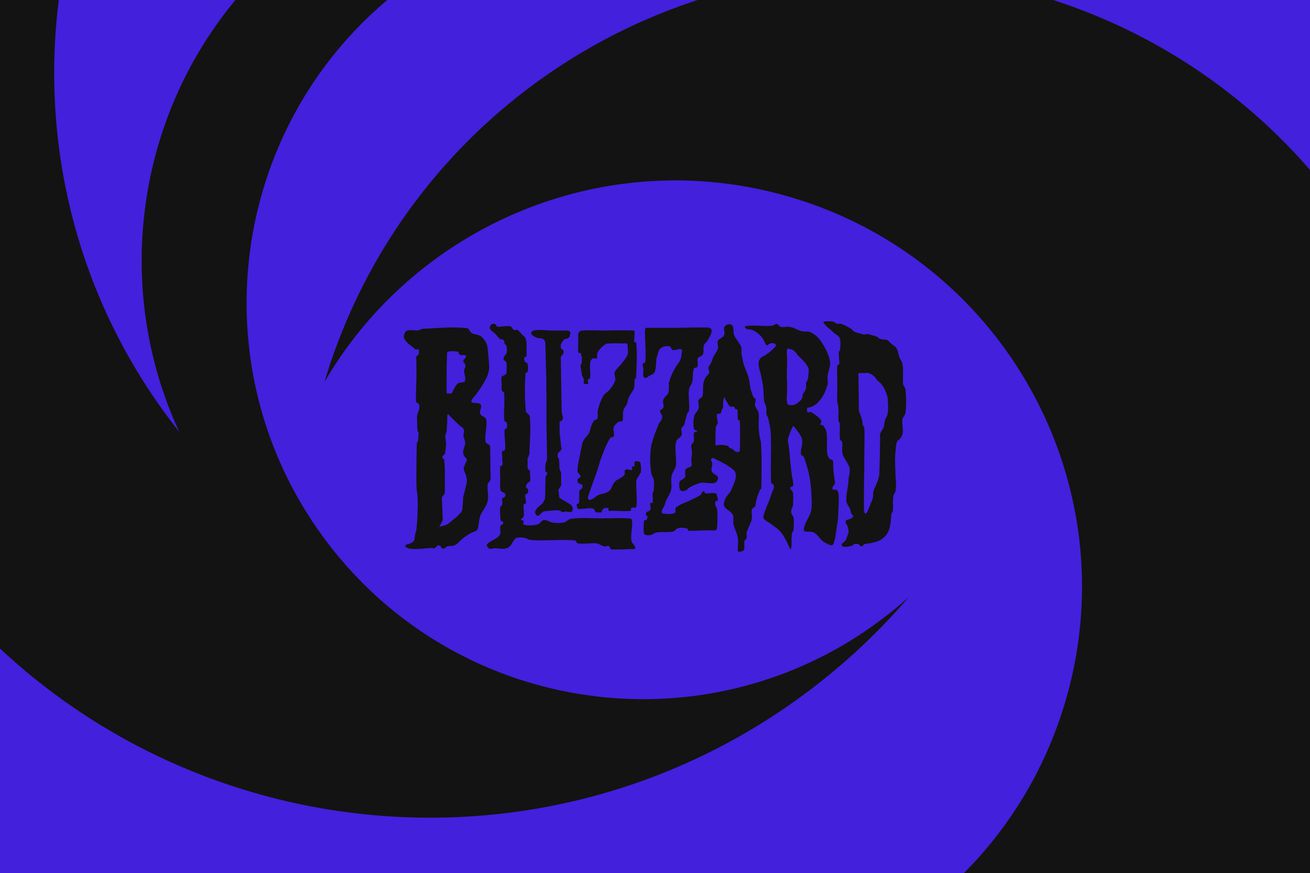
Activision settles with Justice Department for limiting esports players’ salaries
The US Department of Justice is suing Activision Blizzard because of claims the publisher instituted an anti-competitive soft salary cap for players in its Call of Duty and Overwatch esports leagues. The publisher has agreed to settle the suit.
The complaint details what the two leagues called a Competitive Balance Tax. Under the tax, if one of the franchised teams paid its players over a limit imposed by Activision Blizzard, the teams would be fined and have the fee distributed to the other non-offending teams. In theory, the Competitive Balance Tax was to prevent richer, better resourced teams from gobbling up the best talent with high salaries (i.e., what I’d call the “2023 Boston Uprising rule”). But it seems that, in practice, this was used to deflate wages for all players overall.
According to the filing:
Teams recognized that their spending on player compensation would have been higher absent the Competitive Balance Tax. The Tax minimized the risk that one team would substantially outbid another for a player. The Tax not only harmed the highest-paid players, but also depressed wages for all players on a team. For example, if a team wanted to pay a large salary to one player, the team would have to pay less to the other players on the team to avoid the Tax. Teams also understood that the Tax incentivized their competitors to limit player compensation in the same way, further exacerbating the Tax’s anticompetitive effects.
The DOJ’s press release also contains the terms for the settlement’s consent decree, which would prohibit Activision Blizzard from imposing any kind of tax or salary cap in the future.
Activision Blizzard had already ended the tax before this settlement. In 2021, it discontinued the practice in the midst of an investigation by the Department of Justice. Joe Christinat, spokesperson for Activision Blizzard, commented on the suit in an email to The Verge:
“We have always believed, and still believe, that the Competitive Balance Tax was lawful, and it did not have an adverse impact on player salaries. The tax was never levied, and the leagues voluntarily dropped it from our rules in 2021.”
In 2022, Jacob Wolf reported that settlement talks between Activision Blizzard and the DOJ had broken down. With today’s suit and Activision Blizzard’s subsequent settlement, it seems like the publisher wants to avoid any complications to its pending acquisition by Microsoft, which is already fraught with accusations of anti-competitive behavior.

